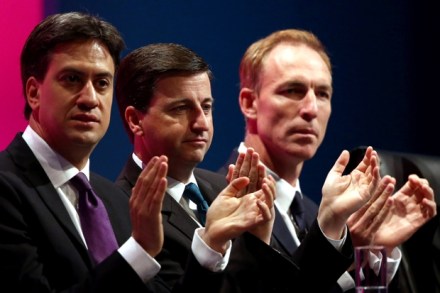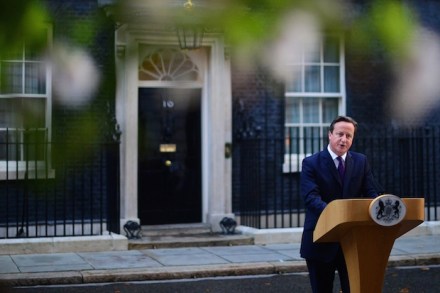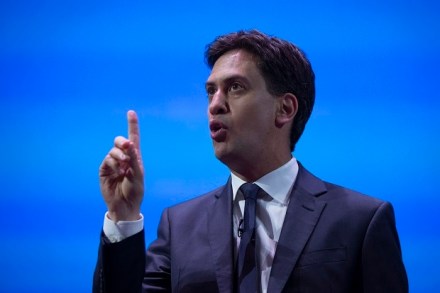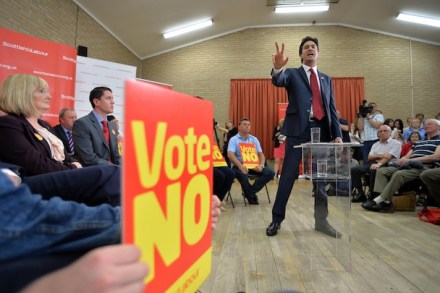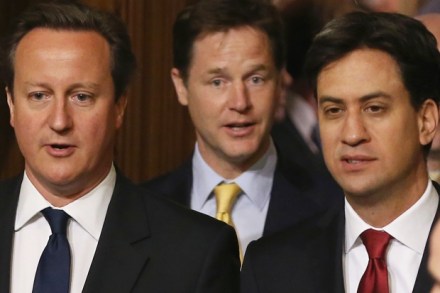Miliband aide: Labour has never addressed the way the economy works
What’s Ed Miliband’s vision for the economy? We’ll get the public version of that vision in a short while when Ed Balls gives his speech to the Labour conference, but last night one of Ed Miliband’s closest advisers gave us a more interesting glimpse of the underpinning of the Labour leader’s economic plan. Stewart Wood, a former aide to Gordon Brown and now a key member of Miliband’s team, gave a fringe interview to ResPublica’s Philip Blond. The two men nattered with glasses of wine in their hands (which were at one point topped up by a CCHQ suffer embedded behind enemy lines) about Wood’s values. One answer in particular,
